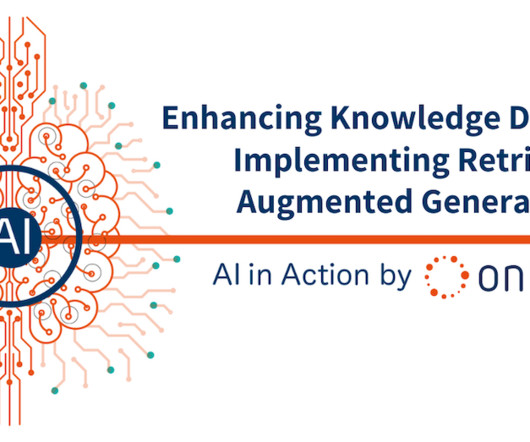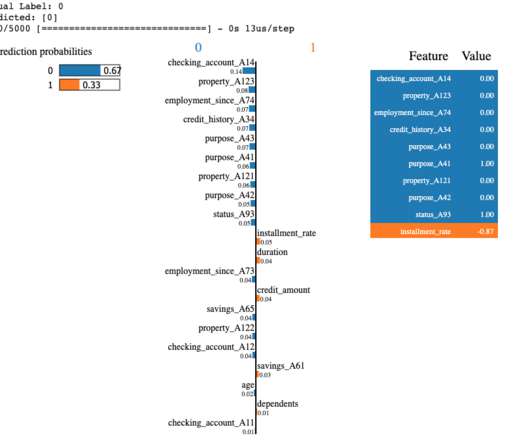Experiment design and modeling for long-term studies in ads
The Unofficial Google Data Science Blog
OCTOBER 7, 2015
by HENNING HOHNHOLD, DEIRDRE O'BRIEN, and DIANE TANG In this post we discuss the challenges in measuring and modeling the long-term effect of ads on user behavior. Nevertheless, A/B testing has challenges and blind spots, such as: the difficulty of identifying suitable metrics that give "works well" a measurable meaning.














Let's personalize your content